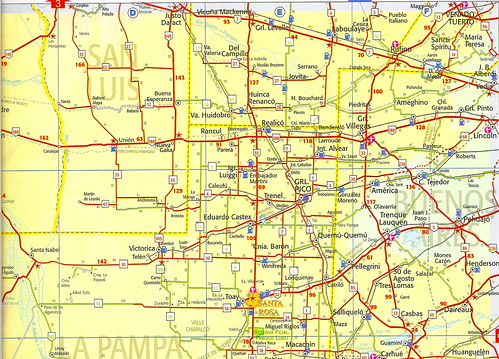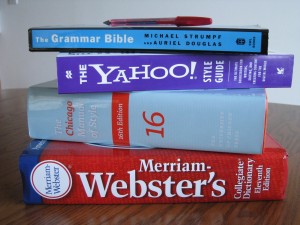The following is a guest post from author Evelyn Lafont. For more on Evelyn, visit her website or tweet @KeyboardHussy!
 I’ve noticed a disturbing trend lately among some self-published, indie authors. Many of them seem to be unhappy about their decision to self-publish.
I’ve noticed a disturbing trend lately among some self-published, indie authors. Many of them seem to be unhappy about their decision to self-publish.
It’s true. There are self-published authors out there who are disparaging the process of self-publishing, while still—begrudgingly—trying to sell their own self-published book.
As someone who is embracing the indie author movement the same way she embraces dessert, I don’t get it. It seems like some of these folks are jumping on what they see as a self-publishing band wagon because they don’t want to miss out on what it might bring even though they don’t seem to even want what it brings. And like any self-fulfilling prophecy, many of these authors are posting sales stats that seem to prove their resistance right. After a few weeks or months of half-hearted marketing combined with negative comments about self-publishing, they show their low sales as if to say, “See? See how bad this is?”
Self-publishing is not like a one-size-fits-all Halloween costume. It’s not going to fit everyone. For some authors, the dream of being a writer includes having an agent and a publishing contract, and they won’t be happy unless that is what they have—even if they are selling books on an indie platform. And when they self-publish instead of following their dream and querying agents, they are doing themselves a huge disservice.
I remember when I was a kid and I lost a tooth, I’d put it under my pillow and go to sleep. The next day, I’d wake to find a fresh dollar bill, which went right into my Incredible Hulk piggy bank.
As a kid, I had no concept of the value of money. I understood that I could exchange it later for some kind of material object, but in the now—which is what mattered most to me—it didn’t bring any satisfaction. Now my neighbors, well, I thought the tooth fairy liked them better because she left each of them a piece of gum under their pillow instead of a stupid dollar.
A. Piece. Of. Gum.Continue Reading

 Self-publishing came to the forefront last month with
Self-publishing came to the forefront last month with  Whether you’re writing your first paper or you’re an acclaimed novelist, you’ve almost certainly encountered the frustrating phenomenon of writer’s block. And you’ll encounter it again in the future. Depending on your circumstances, writer’s block can ruin an entire session of potential productivity – it’s easy to let procrastination take control. When you’re not feeling inspired, nothing seems right and it’s almost impossible to put words on the page.
Whether you’re writing your first paper or you’re an acclaimed novelist, you’ve almost certainly encountered the frustrating phenomenon of writer’s block. And you’ll encounter it again in the future. Depending on your circumstances, writer’s block can ruin an entire session of potential productivity – it’s easy to let procrastination take control. When you’re not feeling inspired, nothing seems right and it’s almost impossible to put words on the page.
 We're
We're 








